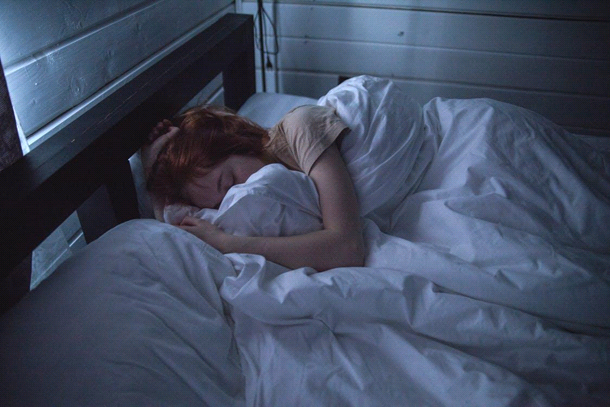You Should Just Stay Home Today!
Daylight-saving time is a killer.
The annual ritual in which we “gain” an hour of sleep each November by pushing the clocks backwards may seem like a harmless shift.
But each March, on Monday after the springtime lurch forward, hospitals report a 24% spike in heart attack visits around the US.
Just a coincidence? Probably not. Doctors see an opposite trend in the fall: The day after we turn back the clocks, heart attack visits drop 21% as many people enjoy a little extra pillow time.
“That’s how fragile and susceptible your body is to even just one hour of lost sleep,” sleep expert Matthew Walker, author of “How We Sleep,” previously told Business Insider.
We’re also prone to make more deadly mistakes on the roads: Researchers estimate that car crashes in the US caused by sleepy daylight-saving drivers likely cost 30 extra people their lives over the nine-year period from 2002-2011.
Walker said daylight-saving time, or DST, is a kind of “global experiment” we perform twice a year. And the results show just how sensitive our bodies are to the whims of changing schedules: In the fall the shift is a blessing; in the spring it’s a fatal curse.
In addition to the heart-attack trend, which lasts about a day, researchers estimate that car crashes caused by drivers who were sleepy after clocks changed likely cost 30 extra people in the US their lives over the nine-year period from 2002 to 2011.
“The brain, by way of attention lapses and micro-sleeps, is just as sensitive as the heart to very small perturbations of sleep,” Walker explains in his book.
Why we ‘save’ daylight for the later hours of the day
Daylight-saving time was originally concocted as a way to save energy in the evening and was implemented during World War I in Germany. But more recent research suggests it’s probably not saving us any megawatts of power at all. There is some evidence, however, that extra evening light can reduce crime and increase the time people spend exercising, at least in certain climates.
Not everyone in the US follows it either. Hawaii and Arizona ignore DST since it makes less sense to shift the clocks when you live near the equator, where the sun rises and sets at roughly the same time every day.
Residents and lawmakers in California and Florida are also trying to ditch the switch. Voters in the Golden State opted to get rid of the annual clock change in the 2018 midterm elections, and Florida lawmakers enacted the “Sunshine Protection Act” aimed at doing the same thing last March.



